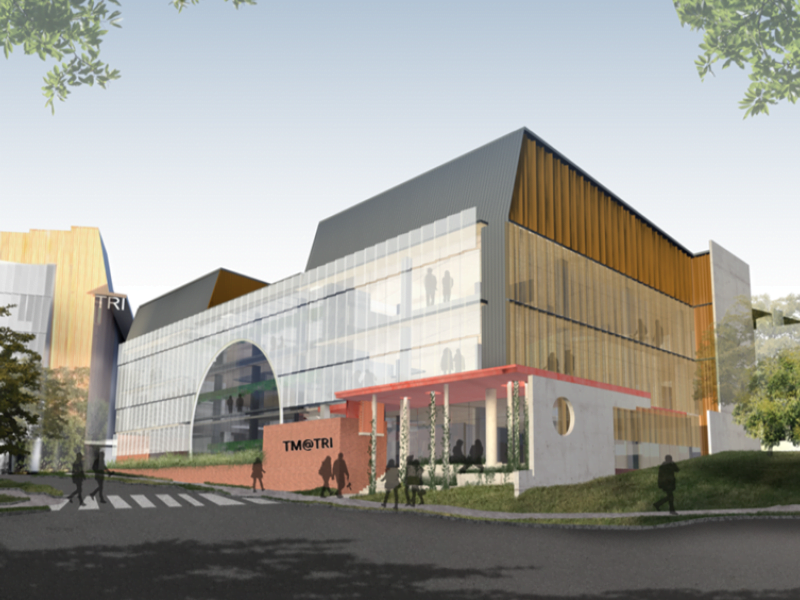More than $35 million will go towards a Queensland vaccine manufacturing facility as part of the state budget next week.
The funds will support the development of a translational manufacturing (TM) facility, to be built by the Translational Research Institute (TRI).
With the additional funding, the Queensland government is now contributing three-quarters of the $80 million cost of the TM@TRI facility.
The state government committed $20 million last year to the facility through the Industry Partnership program last year. This came out of the $3.34 billion Queensland Jobs Fund established in response to the economic impacts of the Covid-19 pandemic. Construction of the facility is now fully funded.

Queensland Treasurer and Minister for Trade and Investment Cameron Dick said that the funding was essential to ensure the state had secure domestic supply chains to withstand international shortages.
“Covid-19 taught us many lessons. One of the most important lessons was improving, standing up and developing sovereign manufacturing capability and capacity, making more things in Queensland by Queenslanders for Queenslanders in the scientific and biomedical space,” Mr Dick said.
“That’s exactly what we’ll be doing with this investment. At times when we cannot rely on the international supply chain, we must rely on ourselves. And we must rely on great startup companies that are growing quickly.”
TM@TRI will provide infrastructure for small and medium sized MedTech firms to scale-up their manufacturing. This is needed to undertake phase two and three clinical trials which test the safety of efficacy of a medical product on large groups of participants.
TRI chief executive Professor Scott Bell said that there is insufficient infrastructure to manufacture new therapies and vaccines discovered in Australia.
“In some cases, our scientific discoveries, a license to multinational pharmaceutical companies based overseas. Thus, our local startup companies may be forced to move offshore because they simply can’t manufacture a sufficient amount of their products,” Professor Bell said.
Mr Dick said there were currently 1200 companies in the state looking to scale up, employing almost 12,500 people.
The new facility will be located adjacent to Brisbane’s Princess Alexandra Hospital, where the Translational Research Institute is based. Estimates by the organisation claim the facility could support up to 500 industry jobs over the next decade as well as providing the training needed to develop a biomedical workforce.
To fund the new building, the institute twice applied for federal funding under different streams of the Coalition government’s $1.3 billion Modern Manufacturing Initiative but was not successful.
Currently the biomedical sector is worth about $2.1 billion to the Queensland economy annually, with exports worth $450 million. Mr Dick said it was important to continue investing in the sector to ensure it has room to grow in the state.
“We are in a race to make sure we take Queensland know how that Maroon know how into and turn it into Maroon business products. Too often we see historically, those ideas that research often it’s been offshored it’s been taken to other parts of the world to commercialise, and we will change that,” Mr Dick said.
”We want to change that course and make sure those ideas carry the biggest and best Maroon stamp of all which says made in Queensland.”
The Queensland government released its 10-year Biomedical Roadmap and Action Plan in 2016 outlining a $4 million program to “support and attract biomedical enterprises” and transform it into an Asia-Pacific biomedical hub.
Last week, the New South Wales government announced that its budget, also being released next week, will include $119 million to support mRNA vaccine manufacturing.
On Monday, the Victorian government awarded $2 million of its $25 million Victorian Research Acceleration Fund which aims to develop a mRNA vaccine manufacturing capability in the state and support early-stage research.
Do you know more? Contact James Riley via Email.

